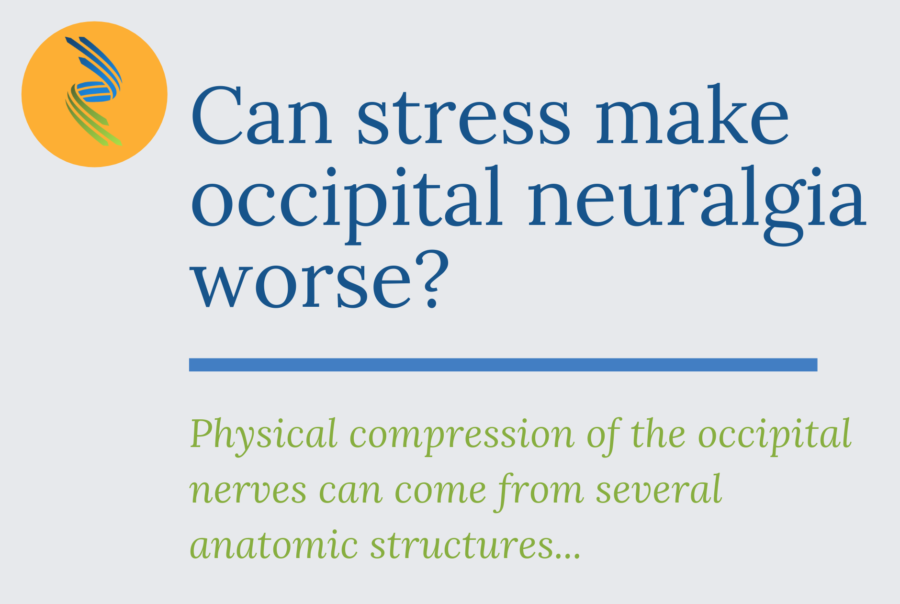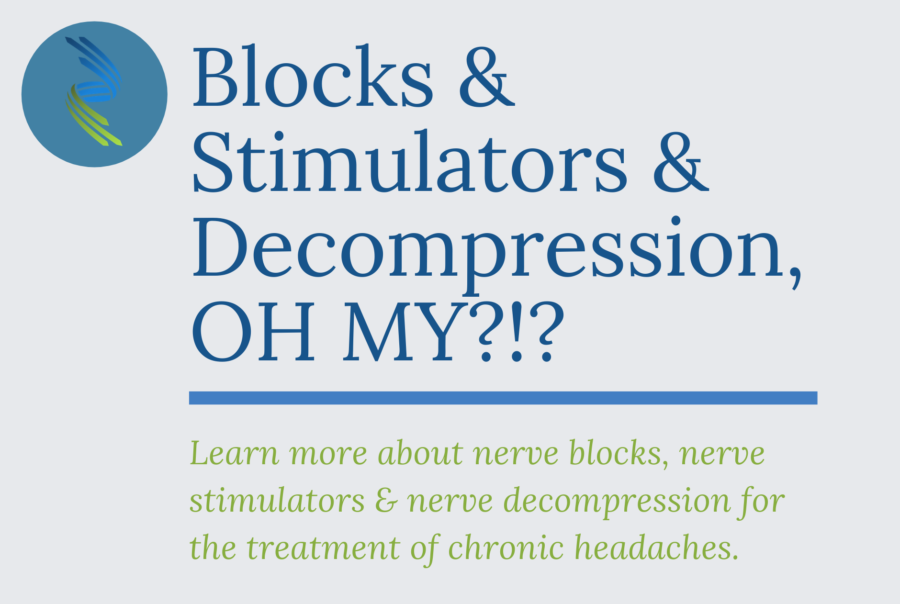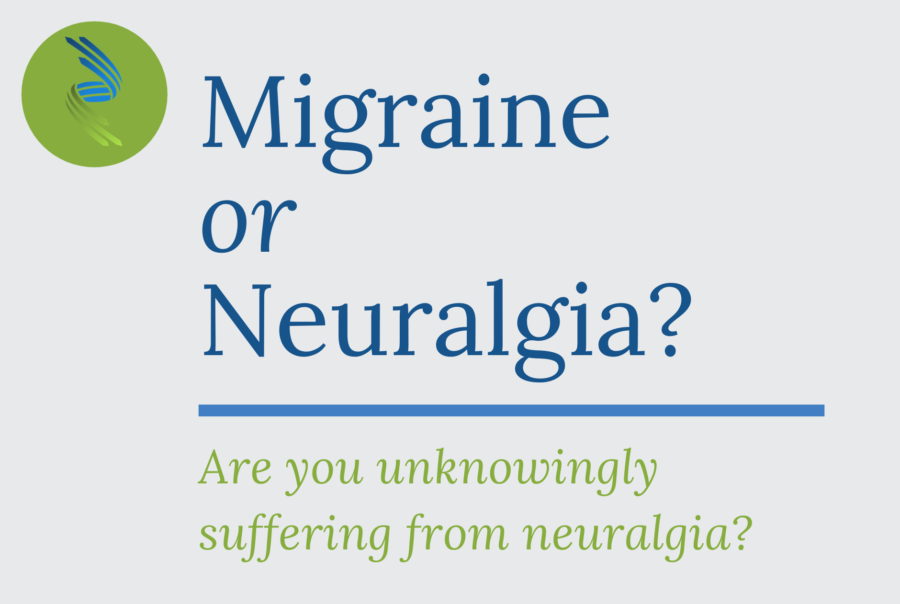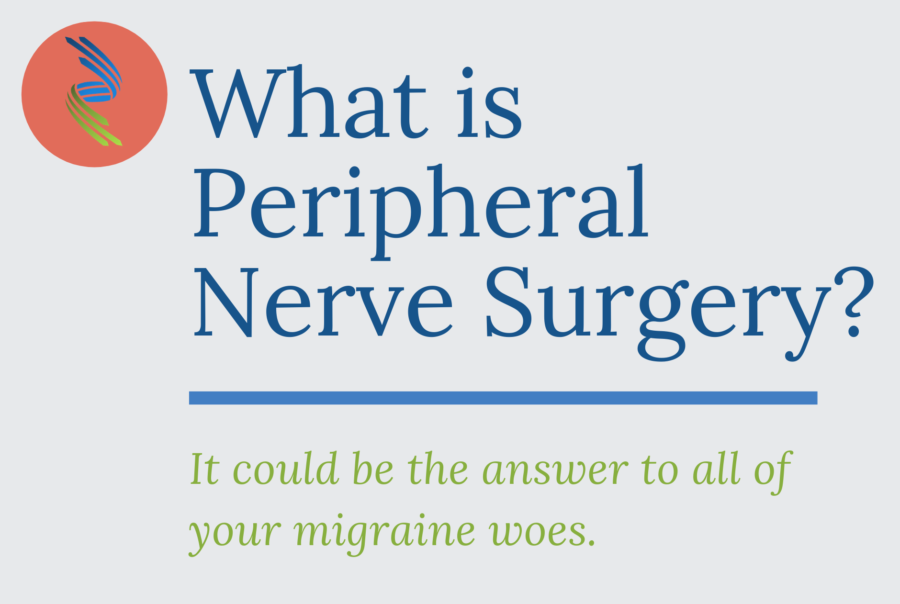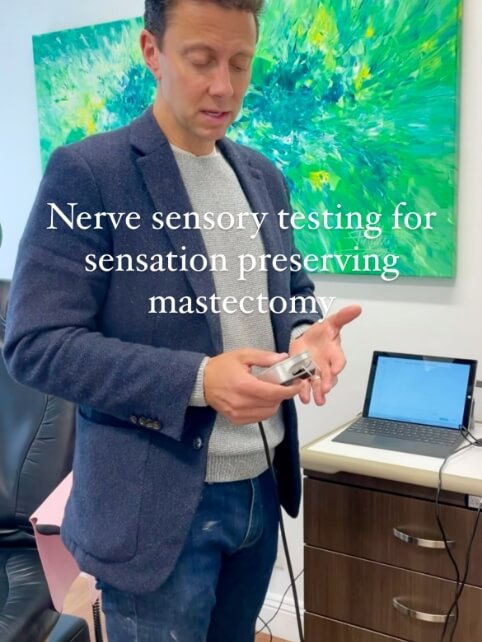July 30, 2024 | Nerve Pain, Occipital Neuralgia
TO DECOMPRESS OR TRANSECT: THAT IS THE QUESTION
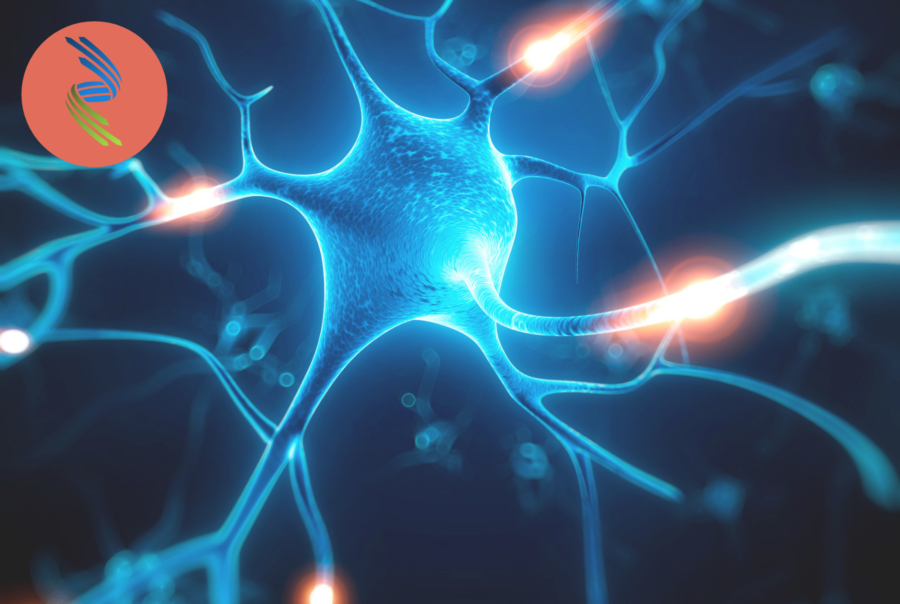
This query is one of the great ones – a $64,000 question that continues to be raised both in my office as well as online. What is the difference between neurectomy/muscle implantation (i.e., transection of the nerve and implanting it in the local muscle) and decompression? Along with this primary query come many misconceptions […]
Read More
